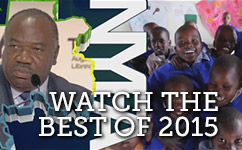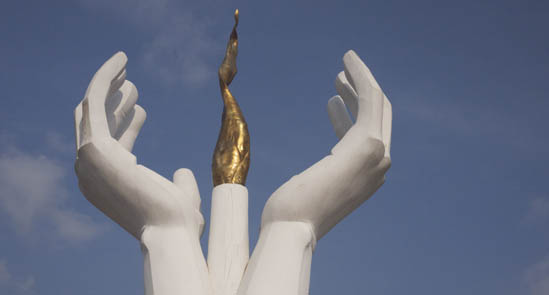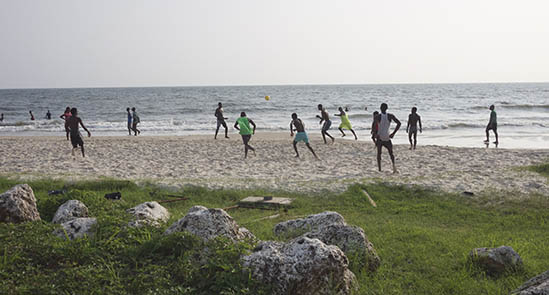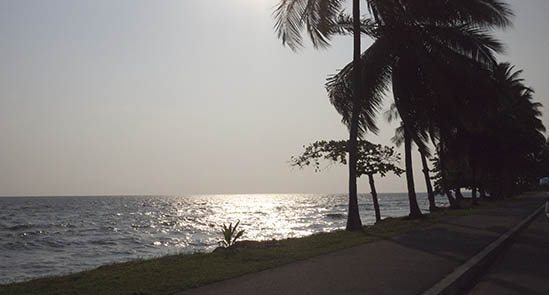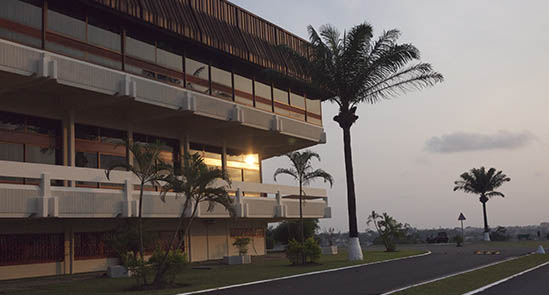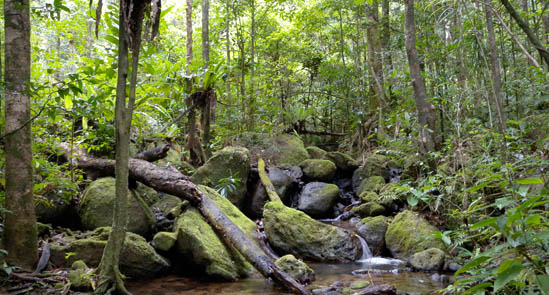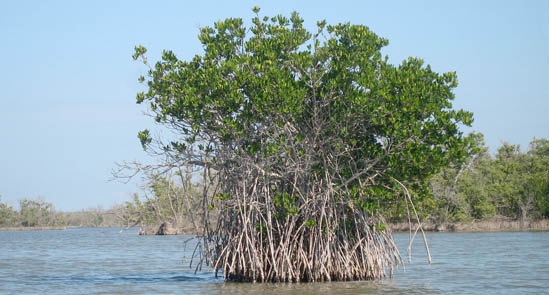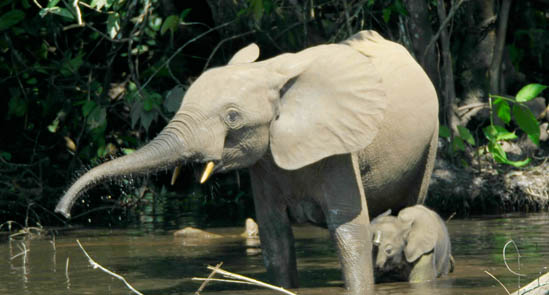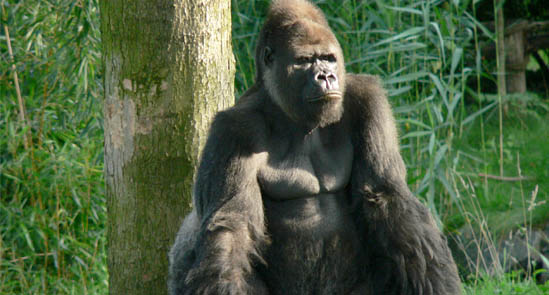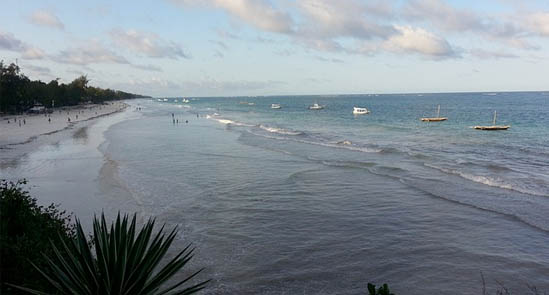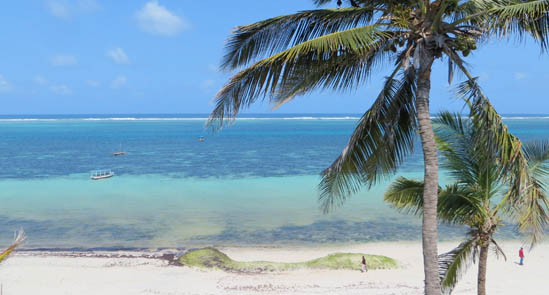About Gabon
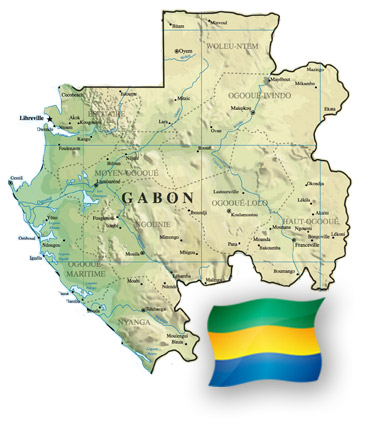
GABON KEY DATA
Population: 1.5 millionCapital: Libreville
Area: 267,667 sq km (103,347 sq miles)
Major languages: French, Bantu-group languages
Main exports: Crude oil, timber, manganese, uranium
GDP PER CAPITA: $6937.71 (World Bank, 2013)
Interest rate: 2.95%
Annual growth rate: 5.50%
Strategically nestled on the Gulf of Guinea, Gabon has built its reputation on its stability, its rich natural resources, and on its forward-thinking and ambitious investment policy. With an annual growth rate above 6 percent since 2010, and with a projected annual rate of 7 percent and 8 percent for 2014 and 2015 respectively – 6.7% in 2014; 7.2% in 2015 (Source: 2015 African Economic Outlook), Gabon has joined its African neighbors in establishing one of the fastest growing regions in the world. The nation's "Emerging Gabon" initiative is seeking to further this growth through the attraction of sustainable and diversified investments, all while responsibly and transparently managing its remarkable natural resources. The country offers many investment opportunities, and is actively integrating and promoting best practices to create a stable environment where private enterprise can thrive.
Gabon is at the vanguard of environmental sustainability and has introduced safeguards to ensure that economic growth does not come at the expense of its natural endowments. The lush forests that cover 88 percent of its land, numerous rivers, 885 kilometers of unspoiled coastlines, humid savannas, and tremendous biodiversity are all part of the Gabonese identity and the government has used various strategies to ensure their preservation. The nation has 13 protected national parks, many of which are home to elephants, hippos and gorillas. Promotion of tourism is a one of the key elements of the government's growth strategy and it hopes to attract 100,000 tourists annually by 2020.
By emphasizing diversified business development and strong stewardship of natural resources, Gabon hopes to decrease its dependence on oil exportation as its primary economic driver. Its efforts to improve its socio-economic infrastructure, and increase access to basic services, have met with success, and Gabon is first among sub-Saharan African countries in the UN’s Human Development Index (2013). These efforts will be key in meeting the government's goal of increasing domestic food production (it currently imports 85 percent of its food). Gabon has also been recognized for its successes on the environmental front, and the country was ranked 105th in the world, and fourth in Africa, in Yale University's 2014 Environmental Sustainability Index.
PLENTIFUL NATURAL RESOURCES
• Gabon is Africa’s second largest manganese producer and timber exporter• Fifth largest oil producer in Sub-Saharan Africa at around 250,000 barrels a day
• Gabon has in reserves 3.7bn barrels of mineable oil and more than 30bn cubic meters of natural gas
• It has more than 900 potential mining sites
• Produces more than 400 million metres cubed of timber annually
• Gabon is a gateway to regional market of 250 million people.
• Gabon set to become leading African producer of:
o palm oil: projected annual production capacity of 1 million tons
o cocoa: projected annual production capacity of 4,000 tons by 2016
o rubber: projected annual production capacity of 60,000 tons by 2016
• Potential for over 100k tons/year of exploitable fishery resources
Natural resources
Africa is home to more than 60 percent of the world’s natural resources of hydrocarbon, iron, manganese, gold, timber, and rubber. Gabon, rich in natural resources and ideally situated as a gateway to a market of more than 400 million people, represents a remarkable opportunity to capitalise on this potential.
While Gabon already maintains a well-established reputation in the mining market as the second largest producer of manganese globally, the government is taking a proactive approach to resources extraction and utilisation. Gabon’s Master Plan calls for the establishment of Special Economic Zones and the upstream exploration of gold, diamonds, potash, and phosphates in the hopes of quadrupling the mining sector’s contribution to GDP from 6.3 percent to 25 percent by 2025. Gabon has determined more than 900 potential mining sites for manganese, iron, gold, niobium, rare earth metals, and lead zinc among others, in just one-third of the country. Indeed, Belinga in the northwest of the country is thought to have one of the world’s largest deposits of iron ore, with reserves estimated at over 1 bn tons. The newly revised mining code streamlines regulation and eases entry in to the market for outside organisations, as well as expands local and downstream processing capacity and the state’s involvement in extractive industry.
Meanwhile, Gabon’s own varied ecosystems – 88 percent of which remains pristine forested wilderness – includes 800 kms of untouched coastline, the second highest forestry potential in Africa and over 5 million hectares of untapped arable land. It is a top priority for the government to create economic growth while employing, promoting and preserving the country’s natural assets. Sectors earmarked for growth include agriculture, forestry and ecotourism.
INVESTMENT CLIMATE
• Leading trade partners, 2014 - 2015: Japan (37 percent), India (12 percent), China (8.5 percent), US (32.4 percent), EU27 (22.4 percent), other (20.4 percent), Australia (16 percent)• Ranked alongside Spain and Italy in terms of country risk by the COFACE group and 129 with the Economic Complexity Index.
• Open borders for CEMAC citizens
• Forecasted growth rate of 7.4 percent 2013-2015
Investment climate
Already known for its political stability, Gabon has in recent years done much to encourage the development and expansion of a business friendly environment. Guided by the example of other economic hubs, Gabon has implemented legislation to encourage foreign direct investment and expanded regulations to decrease corruption. With the recent establishment of special economic zones, business development centers, and commercial incubators, in addition to easing visa regulations for European and American investors, Gabon has been able to exceed its growth projections for the past two years.
The Government is working to further improve opportunities for investors by decreasing reliance on public funding and encouraging PPPs to increase the ability of the private sector to fund projects. Additionally, five-year tax exemptions and advantageous lending policies by Gabonese banks have facilitated the expansion of SMEs. Newly established legislation will safeguard the development of infant industry while regulatory frameworks and mechanisms will streamline investment for Gabonese nationals and foreign investors. These steps have already enabled the country to make significant strides towards developing its non-oil industry and realize its potential as a regional and African economic leader.
GROWTH FACTORS
• Services currently represent 32 percent of total GDP• The CEMAC region has 148,000 MW of potential hydropower
• 87 percent of Gabon’s population lives in cities
• Over a third of the population (700,000) lives in the capital alone, with another 100,000 living in Port Gentil, the second largest city
• Gabon plans to double its power production to 1000 MW by 2020
• Agence Nationale des Grands Travaux (ANGT) is planning 175 projects valued at over USD20bn by 2025
• USD21 bn is being directed towards road development between now and 2026. This will establish 3,660km of new roads.
• There are 26 oil extraction and production facilities for sale to the private sector
• Energy demand is increasing at a rate of 7-9 percent annually, far outpacing current expected growth
• Projected average growth rate in the non-oil sectors is 10 percent for (up to 2015)
• Projected rates of 6.7% in 2014 and 7.2% in 2015
Growth sectors
Gabon has identified three major areas of growth in the main pillars of the Emerging Gabon strategy – Industrial Gabon, Green Gabon and Services Gabon. As the sixth largest oil producer in Sub-Saharan Africa, oil remains a key driver of the national economy, providing 50 percent of total GDP, 70 percent of government revenue and 87 percent of Gabon’s exports in 2012. Gabon is continuing to explore for oil with 42 offshore blocks. However, due to government commitment to diversification, the non-oil economy’s growth has been in the double digits over the past few years and has a projected growth rate of 10 percent for 2013 to 2015.
Alternative energy is a key industry in Gabon’s economic expansion. Demand for energy, growing at 7-9 percent, is quickly outpacing expected supply growth. The government hopes to double power production by 2020, reaching 1000MW. Indeed, in hydropower alone, Gabon has a largely untapped potential to produce up to 5000-6000MW. Regionally, the CEMAC region (Cameroon, Central African Republic, Chad, Republic of Congo, Equatorial Guinea and Gabon) has potential to produce 148,000MW of hydropower.
To facilitate industrial growth, Gabon is prioritising infrastructure development. It is focusing on three main corridors: east-west along the Trans-Gabon Railway, north to Woleu-Ntem, and south through Mouila. The Agence Nationale des Grands Travaux (ANGT) is preparing 175 projects, worth over $20 billion, by 2025. Public - private Partnerships are key to this strategy as Gabon seeks to expand road, rail, telecommunications, agriculture, fisheries and timber industries.
Along with industry, agriculture represents Gabon’s most promising job creator. The Gabonese government is looking to develop one to two million hectares of arable land. Gabon is simultaneously developing stronger regulatory structures and sector cohesion to ensure growth in keeping with the sustainable goals of the Green Gabon plan. As part of the Blue Gabon plan, the government will preserve 231,300 sq.km of exclusive territorial waters and work to triple the fisheries industry’s GDP contribution by 2025, reaching 250,000 tons in production. Gabon is Africa’s second largest timber exporter. Regulatory reforms in wood processing policies have already generated 3,000 new jobs in 114 processing plants.
As international business and tourism grows, expanding and improving Gabon’s service sector is increasingly important. Already the traffic at Libreville’s international airport is growing quickly, with 65,000 more international passengers arriving at the Libreville Leon M’ba International Airport in 2014 than in 2013. The construction of two deep-water ports, at Port Gentil and Mayumba, in addition to the rollout of Air CEMAC, a regional airline, will only increase these numbers. A service sector that matches the traffic and energy of Gabon and its capital will further promote the country’s position as a regional hub for business, transport, and trade.
Gabon recently launched a plan to expand the hydroelectricity sector by constructing new power plants and extending transmission lines to satisfy rising demand from industrial consumers, according to IHS World Markets Energy. The first project anticipated to come online is the 160-Megawatt Poubara hydroelectric dam on the Ogooué River. (Source: EIA 2013)
Youth
Over the course of the last decade Gabon has made tremendous strides in establishing support systems for its people. It currently boasts 100 percent primary education enrollment, and an 88 percent literacy rate. There is, however much work left to be done. Indeed, with 30 percent of the population living in poverty and 27 percent unemployed, where the unemployed youth represent almost 60%, stakeholders in Gabon must work to help transform the country’s small population into a highly skilled workforce.
In education, the government is working to increase the length of average school enrollment from 7 to 13 years. Construction is planned for an additional 330 primary schools and 52 secondary schools to meet the demands of a population, more than half of which is under 20. Moreover, the government has allocated USD600 million to double the capacity of higher education over next few years. It has also increased access to scholarships and established partnerships with a number of prestigious foreign academic institutions.
New infrastructure initiatives are underway to speed the development of schools, public housing, medical facilities, and green spaces. As part of the Emerging Gabon Strategic Plan, the government is prioritising general access to potable water and sanitation, including for the nearly 87 percent of the population that lives in urban centres. More than one-third of Gabon’s population lives in Libreville alone. These initiatives and others like them will help leave Gabon’s growing and youthful populace ready to meet demands of the expanding job market.




